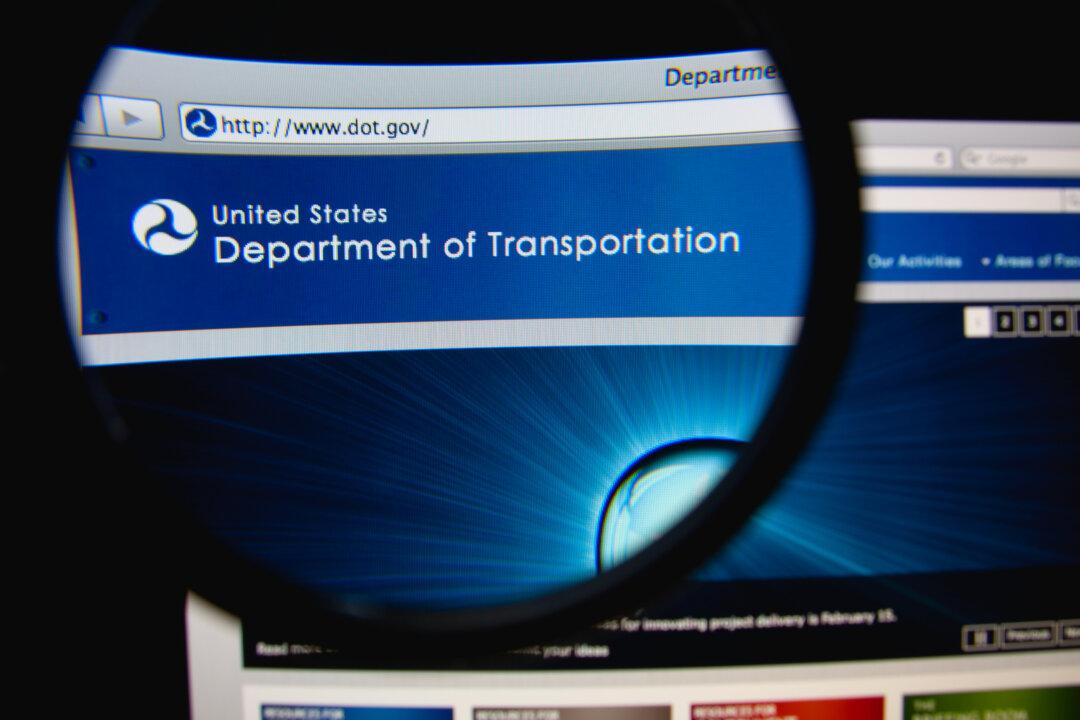Over the years I’ve devoted lots of ink and pixels to travel insurance, but recent developments with a Boston-area tour operator have raised two new—or at least new-to-me—potential pitfalls. Both deal with a subject once more prominent than now: failure to pay legitimate claims. And to understand the situation more clearly, I'll start with a bit of background.
Tour operators are big business—they’re the outfits that organize a wide range of tour packages—and, cruise, rail, even backpack. They arrange all included components and sell the resulting packages, but they do not operate them. Operations are provided by a wide variety of airlines, bus lines, hotel companies, and so on.
During the 1960s and 1970s, when governments tightly regulated big-airline fares, charter flights organized by tour operators became the primary low-fare option of the day for travel to Europe. For the most part, those programs performed as planned, but in a few high-profile cases, tour operators failed, leaving travelers who had prepaid their packages with nothing and even stranding hundreds of travelers in Europe when the operator couldn’t pay for return flights.
Some travel insurance covers cancellations and operator failure, but you find two different types of coverage:
True insurance from an insurance company pays you directly if you cancel a prepaid tour for a “covered” reason listed in the policy or if the operator cancels your trip or defaults.
But some operators sell waivers rather than true insurance—the operator waives its cancellation fees. Supposedly the operator then refunds your money, but it can’t refund your money if it’s broke.
Clearly, waivers are the more risky approach. I recommend taking a waiver only for very senior seniors who are priced out of true insurance by age.
What’s new is that, recently, some tour operators have been selling waivers as “insurance,” policies supposedly provided by well-known insurance providers, but actually only administered by insurance companies. An insurance company processes the claim and tells the operator, “yeah, refund this guy,” but the operator should actually refund your money, which it can’t do if it doesn’t have any.
The Boston situation presents the second unique gotcha. The operator is refusing to honor legitimate cancellation claims for covered reasons or for tours it canceled itself. But the operator remains active and is still selling future trips. It hasn’t either declared bankruptcy or defaulted and ceased operations—the two covered reasons that usually kick in for operator failure coverage in true insurance. So far as I can tell, not many policies are paying anything yet. My go-to travel insurance source, Quotewright’s John Cook, told me this is still uncharted territory for the insurance industry, with no clear trends yet.
If you’re interested in the details of the Boston situation, check the excellent reporting by Michelle Couch-Friedman at consumerrescue.org/. But if you’re more interested in how to protect yourself against these and other pitfalls, the general rules change only slightly:
Avoid as many risks as you can by prepaying as little as you can: If nobody is sitting on your deposits, they can’t refuse to give you a refund if you cancel or they cancel.
If you have to prepay—and the prepayment/deposit is more than you can afford to walk away from—buy true third-party insurance from sources such as insuremytrip.com, squaremouth.com, or quotewright.com. Those policies protect you against traditional operator failure. Buy waivers only if you can’t afford the real stuff.
Always buy with a credit card—as far as I can tell, credit card chargeback has been the most successful recourse so far in the Boston situation. Beware any vendor offering a discount if you pay by direct wire transfer.
Complain to your state Attorney General and the AG of the state where the operator is located and also the Department of Transportation if air travel is involved.
Clearly, none of these rules is foolproof, as the Boston situation shows. But they can at least keep your risk to a minimum. And don’t be surprised to see some innovative travel insurance cropping up soon.





